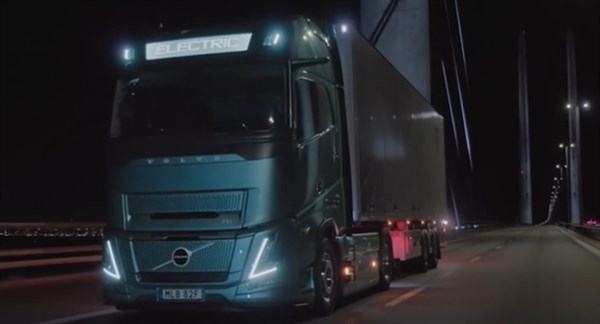
The European Parliament recently voted to extend the toll exemption for zero-emission heavy goods vehicles under the Eurovignette Directive. If approved by the Council of the European Union, this measure will extend the current exemption from 31 December 2025 to 30 June 2031. This decision is part of a broader strategy to accelerate the transition to low-carbon road transport, in line with the EU's climate objectives.
This extension represents a significant financial incentive for companies in the sector, which are still hesitant to invest in zero-emission vehicles due to their high initial cost. By removing tolls and user fees, the European Union is seeking to make these vehicles more competitive with traditional combustion-engine models.
However, this progress is tempered by a contrasting reality on the ground. To date, only a few Member States have actually implemented this exemption: Germany, Austria, the Czech Republic, Denmark, Slovakia, and Slovenia, as well as the three countries applying the Eurovignette—Luxembourg, the Netherlands, and Sweden. This disparity reveals a lack of consistency across Europe, which could hamper the overall effectiveness of the measure.
The International Road Transport Union (IRU) welcomes this vote as a positive signal, but calls for further action. In particular, it recommends that revenue from CO₂ tolls be reinvested directly in the road transport sector. This reinvestment would fund appropriate infrastructure, support technological innovation, and encourage the adoption of alternative fuels.
Furthermore, the IRU is advocating for an extension of the toll exemption to vehicles running on biofuels. Although less publicized than electric models, these vehicles represent a credible solution for reducing road transport emissions, particularly in segments where electrification remains complex. In Germany, for example, discussions are underway to extend the toll exemption granted to heavy goods vehicles running on natural gas (NGV), a measure that is in addition to national subsidies for the acquisition of these vehicles.
The challenge is therefore twofold: to encourage investment in cleaner fleets while ensuring fair treatment between different types of alternative fuels. For this policy to be fully effective, it will need to be accompanied by harmonization of practices between Member States and a clear regulatory framework, guaranteeing the sustainability of incentives.
Extending the exemption until 2031 is an important step, but it cannot be an end in itself. It must be part of a comprehensive strategy, integrating green taxation, support for innovation, and European coherence. The Council of the EU now has the responsibility to turn this proposal into reality and make road transport a major lever for the ecological transition.